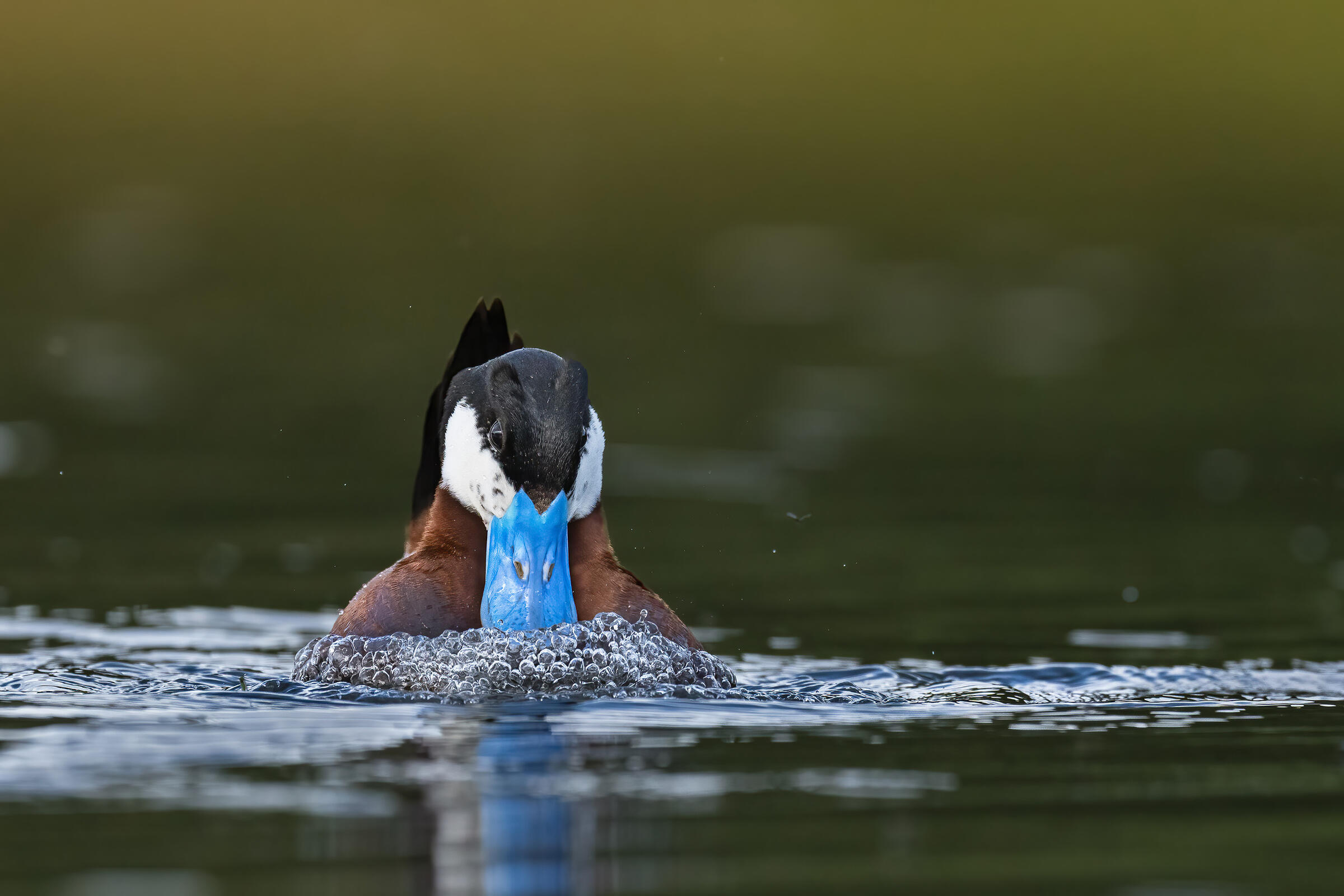About Our Programs
Explore with us! Field experiences at the John James Audubon Center are educational and exciting! Nearly 200 acres of forest, meadow, and creek habitat provide the perfect setting for students to discover the wonder of nature, birds, and biodiversity through hands-on learning that will increase environmental literacy and build connections with the natural world.
Age-appropriate program topics include migration, watershed health, climate resilience, healthy forests, adaptations, and pollinators, and align with many PA State and STEELS Standards.
Programs (90 minutes)
| Outstanding Owls |
(Grades 1-12) Students will discover what is special about an owl’s eyes, neck, ears, talons, and feathers. They will also dissect an owl pellet to learn about the diet of this highly specialized bird of prey, before heading off for a firsthand look at owl habitat found at Mill Grove and learning about healthy forests and why owls depend on them. |
|
Bird Beak Bonanza |
(Grades 4-12) A lesson on a bird’s most special adaptation – their beak! Students will investigate variations in bird beaks and the interrelationships of form and function by classifying birds with similar beaks and inferring possible bird foods based on beak shapes. We will also discuss why birds’ ability to adapt to their environment is so important for their survival, especially in a changing climate. |
|
Migration Madness |
(Grades 4-12) Why do birds fly south for the winter? Students will navigate Audubon’s new interactive tool called the “Bird Migration Explorer” to discover which birds migrate where, the routes they take, and the conservation challenges they face during their annual journeys. Students will also learn how to use binoculars and try to spot migratory and resident birds found at Mill Grove. |
|
Pollinators and You |
(Grades 4-12) Many plants rely on birds and insects to pollinate them. We’ll take a walk to the pollinator garden at Mill Grove and learn about this phenomenon. Students will understand how important pollination is to our ecosystem and to food systems for birds and people, as well as the importance of native plants for pollinators. |
|
Watershed Modeling |
(Grades 3-8) What is a watershed? In this lesson, students will learn about watersheds by building one, and will discover how our everyday activities on land can impact water quality and watershed health. |
|
Drawn from Nature |
(Grades K-12) Mimic the famed artist John James Audubon and learn to draw nature in real life. Students will create their own nature-inspired drawings using some of Audubon’s techniques while learning about the relationship between birds and their habitat. |
|
Audubon Experience |
(Grades 3-12) Curiosity takes flight at the John James Audubon Center! Students will explore the world of birds in the WOW! Birds Gallery, learn about the legacy of John James Audubon, and discover the intersection of nature, art, and conservation. |
Meaningful Watershed Education Experience (MWEE) (Two hours)
John James Audubon Center MWEEs utilize a student-centered framework to create multidisciplinary, immersive experiences that use investigative strategies, observation, and experimentation to understand a local environmental issue and inform action needed to sustain healthy communities for birds and people.
|
Wonders of Water |
(Grades 5-8) In this MWEE, students will learn about watershed health and will test the quality of the water in the Perkiomen Creek. They will also look for macroinvertebrates as indicators of environmental health and will consider how erosion, flooding, and pollution affect water, birds, and people. Once the impacts of human activity are assessed, students will investigate what actions they can take to be stewards of the watershed. |
If you’d like to work with us to design your own MWEE, contact Marcy Engleman, Senior Coordinator, Conservation Education at Marcy.Engleman@audubon.org or call 610-666-5593 ext. 109.
Outreach
Have the John James Audubon Center come to your school, library, or community space! Most of our programs can travel – call or email for more information.
Fees
Field trips to the John James Audubon Center are $15 per student with one free chaperone for every six students. Additional chaperones are $15. Cost includes educational activities and materials. Programs are offered Tuesday – Friday, 10am-2pm. Space is available for lunch.
Outreach programs cost $250 for the first program. $75 for additional programs on the same day/same site. Mileage rates apply to sites greater than 10 miles away from the Center.
For questions or to book a program, contact Marcy Engleman, Senior Coordinator, Conservation Education at Marcy.Engleman@audubon.org or call 610-666-5593 ext. 109.

